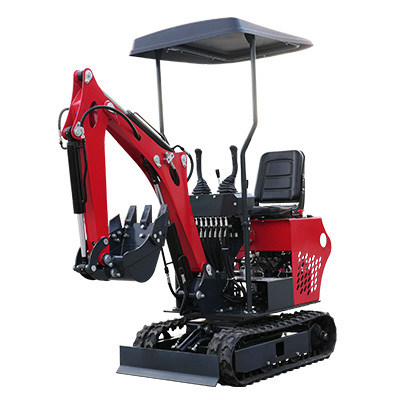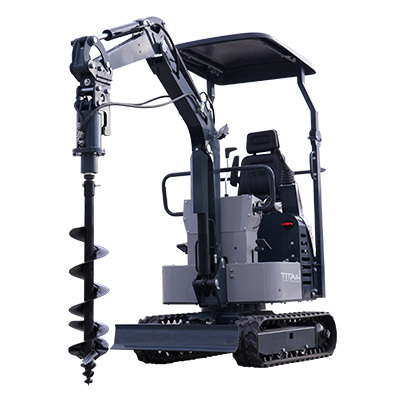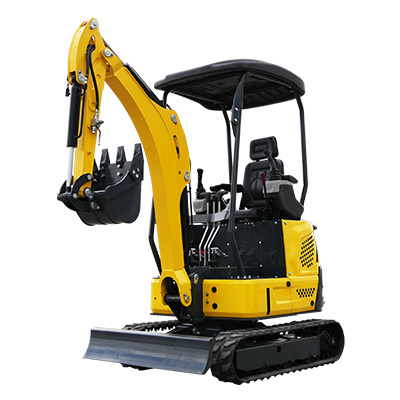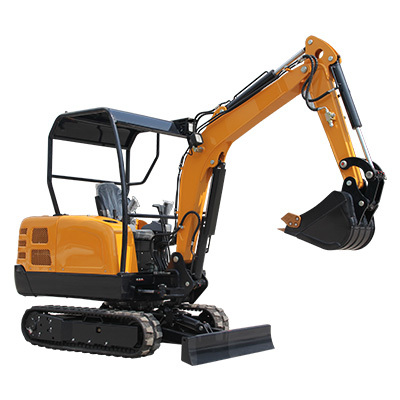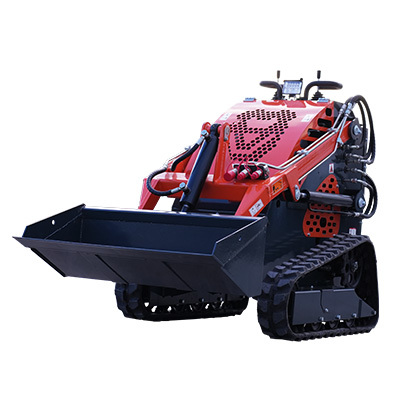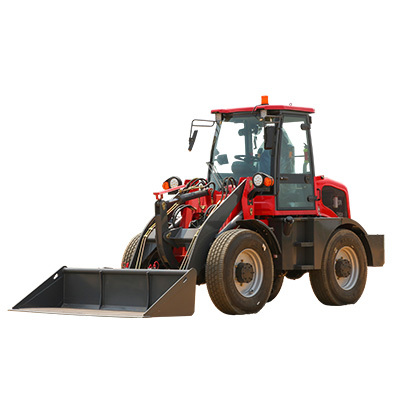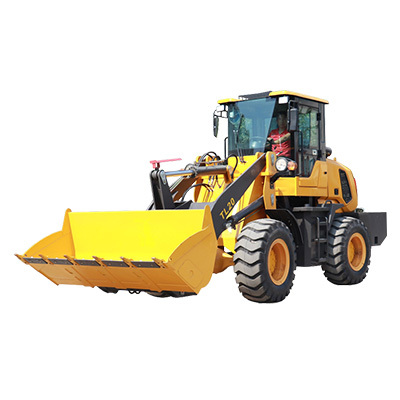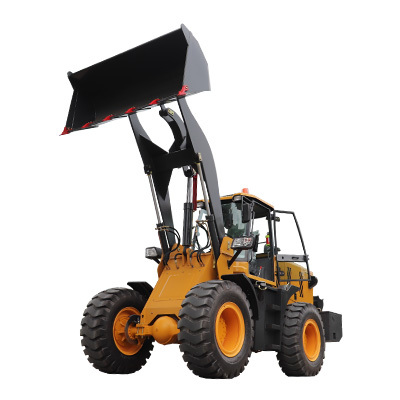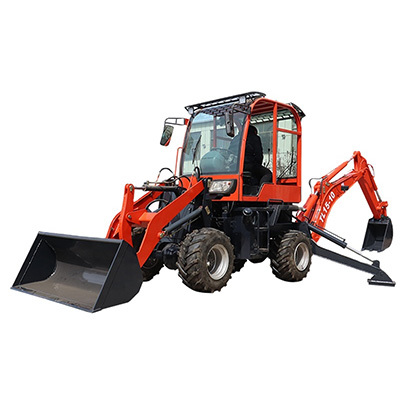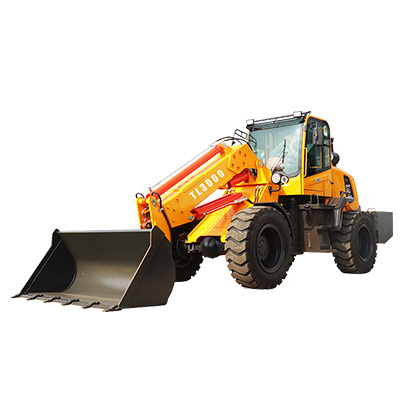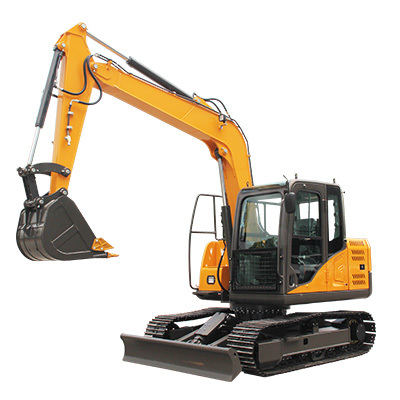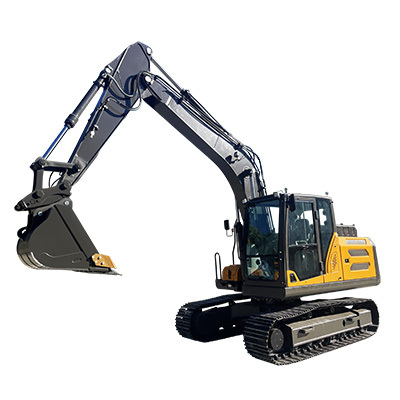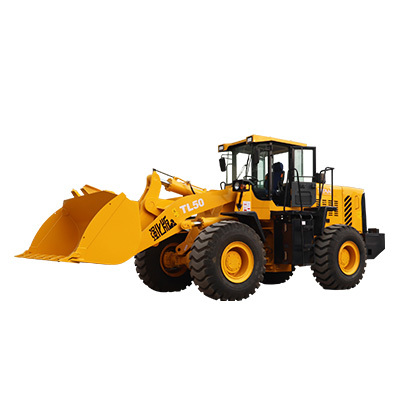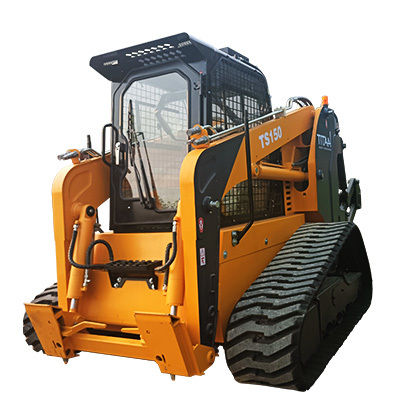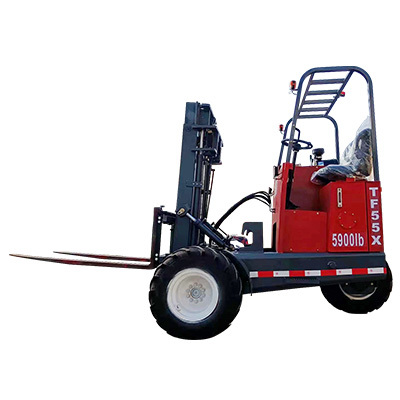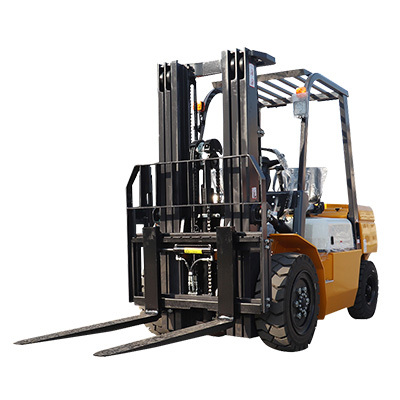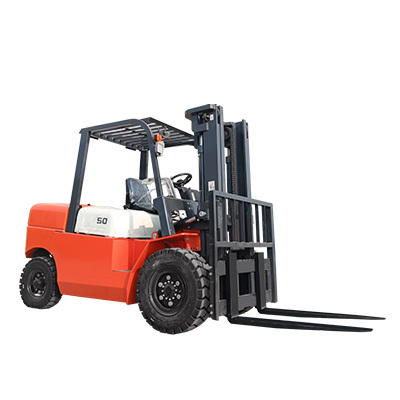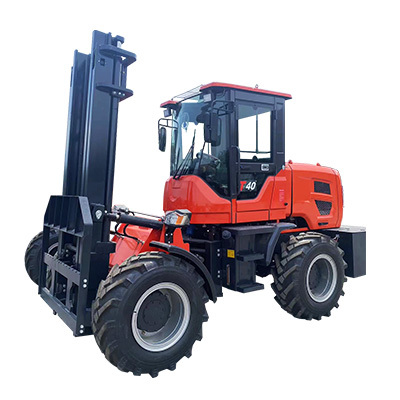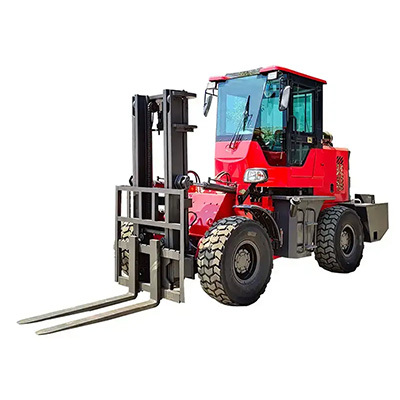Understanding Electric Forklifts: A Sustainable Solution for Modern Warehousing
Release time:
2025-07-19
Summary
Electric forklifts have become an increasingly popular choice in the transportation and warehousing industry due to their efficiency, sustainability, and advanced technology. Unlike traditional internal combustion forklifts, electric forklifts are powered by batteries, making them a cleaner alternative that contributes to a reduction in greenhouse gas emissions. This not only aligns with modern en
Electric forklifts have become an increasingly popular choice in the transportation and warehousing industry due to their efficiency, sustainability, and advanced technology. Unlike traditional internal combustion forklifts, electric forklifts are powered by batteries, making them a cleaner alternative that contributes to a reduction in greenhouse gas emissions. This not only aligns with modern environmental standards but also enhances workplace safety by minimizing air pollution and noise.
One of the primary benefits of electric forklifts is their lower operating costs. While the initial investment may be higher compared to their gas or diesel counterparts, the long-term savings on fuel, maintenance, and operational expenses can be significant. Electric forklifts have fewer moving parts, which means less wear and tear, resulting in reduced maintenance needs. Additionally, the cost of electricity is generally lower than that of fossil fuels, further enhancing economic efficiency.
Moreover, electric forklifts are renowned for their performance. They offer strong torque and smooth acceleration, making them ideal for various applications in congested warehouse environments. Their design allows for precise handling and maneuverability, which is essential when navigating narrow aisles or stacking goods at heights. Many models also feature advanced technologies, including regenerative braking systems that help recharge the battery during operation, extending its life and usability.
In terms of safety, electric forklifts are equipped with various features such as automatic braking, tilt sensors, and ergonomic controls that enhance operator comfort and reduce the risk of accidents. Since they operate quietly, they allow for better communication among team members and can be used in environments where noise levels need to be minimized, such as in retail spaces or near sensitive equipment.
Sustainability is becoming increasingly crucial in today's business landscape. As organizations seek to improve their environmental footprint, integrating electric forklifts into operations can demonstrate a commitment to greener practices. They not only help in reducing energy consumption but also support corporate social responsibility goals, making businesses more appealing to environmentally conscious consumers and stakeholders.
In conclusion, electric forklifts are not just a trend but an evolution in the logistics and warehousing sectors. They provide a sustainable, cost-effective, and efficient solution that meets the demands of modern operations. As more companies prioritize eco-friendly practices, the adoption of electric forklifts is likely to grow, making them an essential component of future warehouse and transportation strategies.
Back to list
One of the primary benefits of electric forklifts is their lower operating costs. While the initial investment may be higher compared to their gas or diesel counterparts, the long-term savings on fuel, maintenance, and operational expenses can be significant. Electric forklifts have fewer moving parts, which means less wear and tear, resulting in reduced maintenance needs. Additionally, the cost of electricity is generally lower than that of fossil fuels, further enhancing economic efficiency.
Moreover, electric forklifts are renowned for their performance. They offer strong torque and smooth acceleration, making them ideal for various applications in congested warehouse environments. Their design allows for precise handling and maneuverability, which is essential when navigating narrow aisles or stacking goods at heights. Many models also feature advanced technologies, including regenerative braking systems that help recharge the battery during operation, extending its life and usability.
In terms of safety, electric forklifts are equipped with various features such as automatic braking, tilt sensors, and ergonomic controls that enhance operator comfort and reduce the risk of accidents. Since they operate quietly, they allow for better communication among team members and can be used in environments where noise levels need to be minimized, such as in retail spaces or near sensitive equipment.
Sustainability is becoming increasingly crucial in today's business landscape. As organizations seek to improve their environmental footprint, integrating electric forklifts into operations can demonstrate a commitment to greener practices. They not only help in reducing energy consumption but also support corporate social responsibility goals, making businesses more appealing to environmentally conscious consumers and stakeholders.
In conclusion, electric forklifts are not just a trend but an evolution in the logistics and warehousing sectors. They provide a sustainable, cost-effective, and efficient solution that meets the demands of modern operations. As more companies prioritize eco-friendly practices, the adoption of electric forklifts is likely to grow, making them an essential component of future warehouse and transportation strategies.
More News
Compact Construction Equipment manufacturer
2025-12-09

